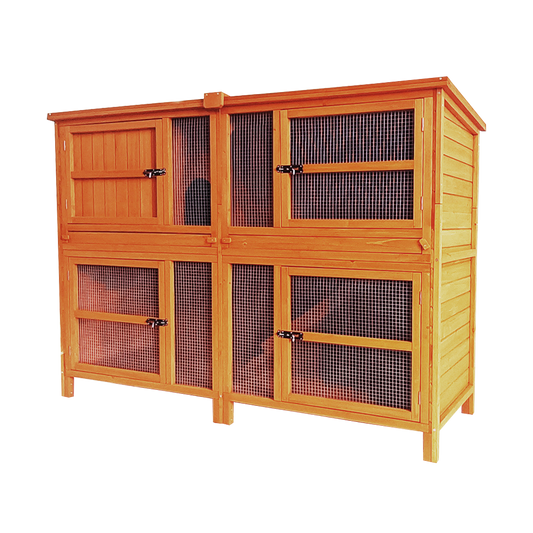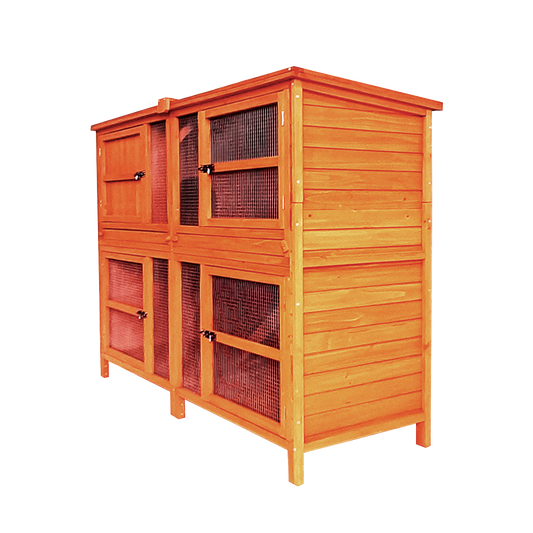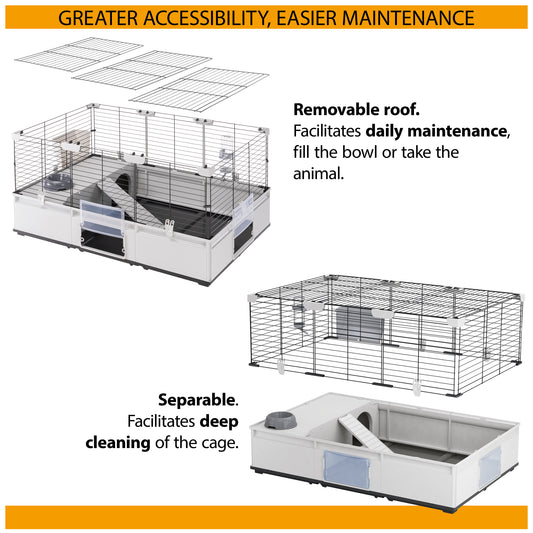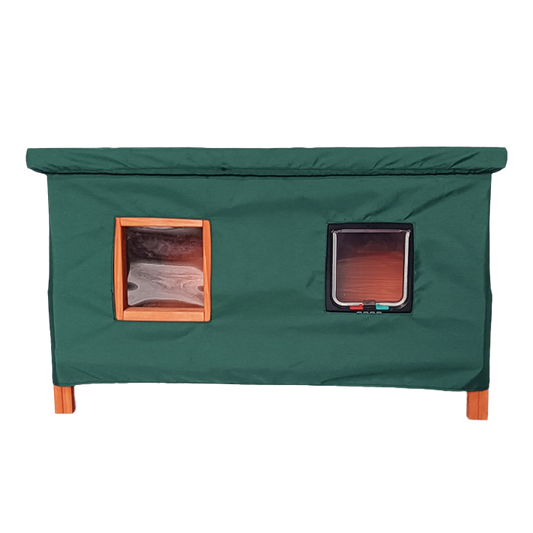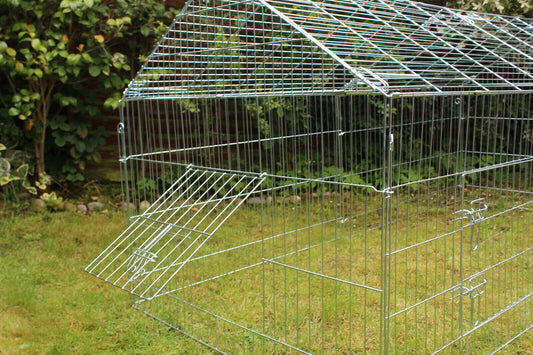At Christmas time, people often overestimate the amount of festive food they can manage, leading to plenty of leftovers being available. Before you scrape your plates directly into your cat’s bowl, familiarise yourself with what’s toxic and what’s not - also be careful that your Christmas guests know this too!
Definitely not!
These things should be kept well away from your pet:
- Poultry skin and bones – The skin on a roasted turkey or chicken is far too fatty for cats and should be avoided. You should also ensure there are no bones in any of the meat that you give your pet. Cooked bones can cause intestinal obstructions or choking if swallowed.
- Gravy – While meat juices will be extremely appealing to your pet, gravy contains lots of salt, onion and garlic, which are all toxic to cats. In fact, everything in the onion (allium) family should be avoided, which includes leeks, shallots and chives. If you'd like to give your cat a little gravy with their Christmas dinner, try pouring a little warm water over their kibble to soften the food, letting the water absorb some of the flavour to create a gravy effect.
- Stuffing – In addition to containing onion and garlic, which are toxic to cats, stuffing often contains nuts. Nuts are high in fat and cats are prone to choking and suffering obstructions of the oesophagus, stomach or intestine from swallowing nuts.
- Cranberry sauce – A lot of cats are attracted to the sweetness of cranberry sauce but it contains too much sugar for them so don’t let them lick the spoon!
- Pudding – Cats shouldn’t ever be given sugary human foods as it can lead to weight gain, diabetes or cause problems with their teeth. Christmas pudding, mince pies, Christmas cake and stollen are particularly dangerous to cats because of the dried fruit they contain. Raisins and sultanas can cause serious digestive issues, vomiting, diarrhoea and even kidney failure.
- Chocolate – This is a common treat at Christmas for humans but for cats it can be deadly. Chocolate contains a chemical called theobromine, which has a similar affect to caffeine in over-stimulating the heart causing a high heart rate. While it is rare for cats to actually eat chocolate, it can result in tremors, fitting and even death. Your cat doesn't have to miss out on the fun, though, with a number of chocolate-free advent calendar and festive treat options available.
- Cream and cheese – Despite the old adage about being the cat that got the cream, most felines are lactose intolerant. Therefore keep anything containing milk, cream or cheese out of the way of your cat as it could cause them a very upset stomach.
OK in moderation
Some elements of your Christmas dinner are fine for your cat to eat in moderation:
- Turkey and chicken – Small pieces of lean poultry are safe to give to your cat, as long as it is unseasoned.
- Brussels sprouts – It’s highly likely that your cat won’t be interested in eating greens but if it is, sprouts are safe for them to eat in moderation. In fact, they provide a great source of fibre, protein and antioxidants if you can persuade your cat to try them.
- Carrots and parsnips – Root vegetables are safe for cats to eat, as long as they have been boiled or steamed rather than roasted, and never glazed with honey. Cats are usually more likely to eat vegetables if they are mashed or pureed and you shouldn’t offer them raw as they could pose a choking hazard.
Remember, if you do feed your cat some festive fare this Christmas, make sure that you adjust their usual daily food intake so that they are not consuming too many extra calories. As fun as Christmas may be, there are hidden dangers for cats and we want to keep them safe!


